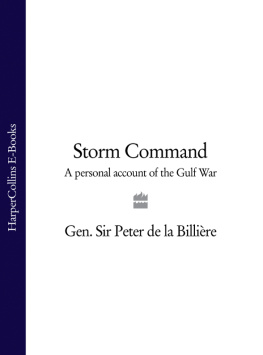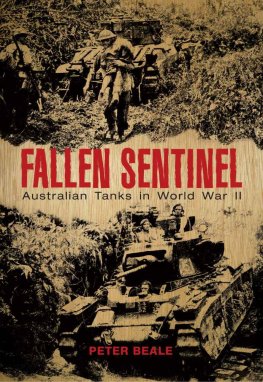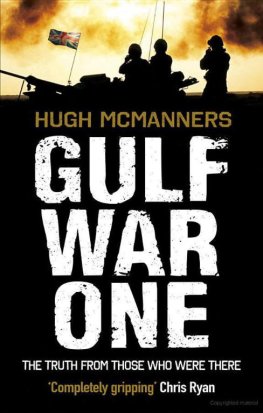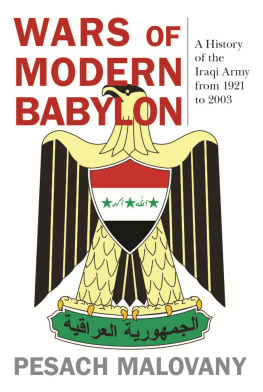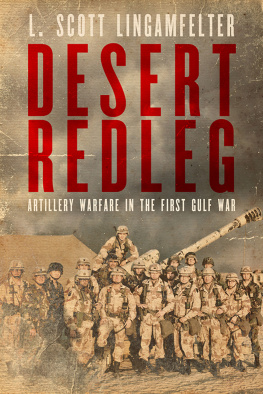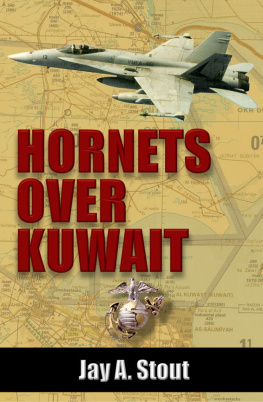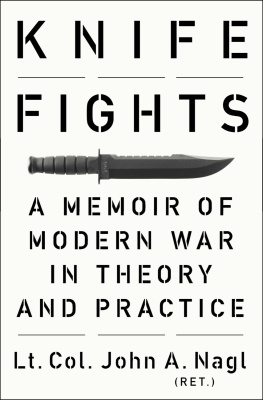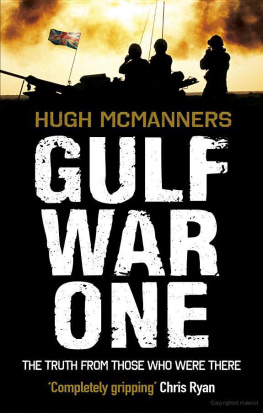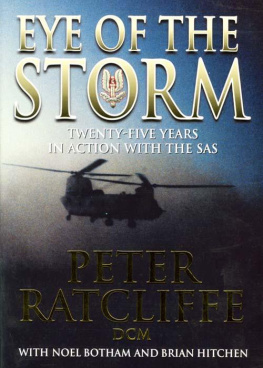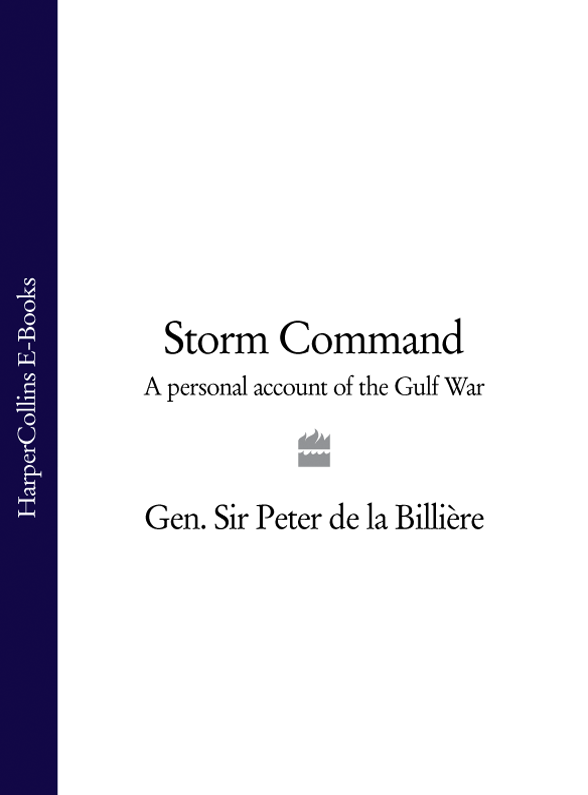
TO THOSE WHO DID NOT COME HOME
Lead us from death to life,
from falsehood to truth.
Lead us from despair to hope,
from fear to trust.
Lead us from hate to love,
from war to peace.
Let peace fill our hearts,
our world, our universe.
Amen.
Prayer for peace sent to the author on the eve of war by Derek Hodgson, once a colleague in the Durham Light Infantry, now Archdeacon of Auckland and a Canon of Durham Cathedral
| ARCENT | (US) Army Central Command |
| ASMA | air staff management aid |
| AWACS | airborne warning and control system (aircraft) |
| BDA | battle damage assessment |
| BERM | sand barrier |
| Blue on | incident in which own |
| blue | troops are hit by friendly fire |
| Bluey | forces airmail letter |
| CAP | combat air patrol |
| CBFME | Commander, British Forces Middle East |
| CENTCOM | (US) Central Command |
| CNN | Cable News Network |
| Compo | Composite rations |
| EOD | explosive ordnance disposal |
| FBS | Forces Broadcasting Service |
| FFMA | forward force maintenance area |
| FMA | force maintenance area |
| G-Day | start of ground war |
| GPS | global positioning system |
| HAS | hardened aircraft shelter |
| H-Hour | start of air war |
| KTO | Kuwait Theatre of Operations |
| MARCENT | (US) Marines Central Command |
| MCMV | mine counter-measure vessel |
| MRLS | multiple rocket launch system |
| MSR | main supply route |
| NBC | nuclear, biological and chemical |
| ROE | Rules of Engagement |
| SAM | surface-to-air missile |
| SNOME | Senior Naval Officer, Middle East |
| Triple A | anti-aircraft fire |
| Zulu | Greenwich Mean Time |
When I made a brief visit to our forces in the Gulf just before Christmas 1990, I was struck by three things above all. The first was the sheer size of Operation Granby the biggest operational deployment of British forces since the Second World War. The second was the very great professional skill of our servicemen and women. The third was the irrepressible sense of humour they displayed despite the fact that many were living in conditions of extreme discomfort in the desert during one of the worst winters seen in that part of the world. I may be wrong, but I have come to the conclusion that humour, constant and imaginative training and good leadership are vital ingredients for any successful military operation and Peter de la Billire certainly helped to provide the latter.
Everyone knows that, when the battle to free Kuwait eventually began, it was short and sharp. Far less well documented are the months of careful preparation which made such an outcome possible. Storm Command shows the tenacity with which General de la Billire fought to obtain everything his forces needed from more armour and men to a broadcasting station, a force newspaper and telephones.
This fascinating and immensely readable account also brings out, with warmth and humour, the quality of the 45,000 men and women under his command. It was no surprise to me that, when the time came, those men and women responded to their Commanders call so positively and so professionally, fulfilling the task of liberating Kuwait with their coalition colleagues more efficiently and with fewer casualties than any of us had dared hope.

On 11 January 1991, at my headquarters in Riyadh, I wrote a letter of thanks to the editors of all the United Kingdom newspapers who had given the British forces in the Gulf generous moral and practical support over Christmas. Every newspaper published my letter, but one, the Daily Star, went further and ran an article, together with a recipe, urging readers to bake cakes and send them to me for distribution to our troops. The result was astonishing: an absolute deluge of fruit cakes arrived in Saudi Arabia by the plane-load, and I did my best to distribute them, taking sackfuls with me, like Father Christmas, whenever I flew by helicopter to visit troops in the desert, air crew at Royal Air Force bases, or members of the Royal Naval task group at sea.
Honesty compels me to record that the standard of cooking varied a good deal. Many of the cakes were delicious, but some were hard as bullets, and would have done considerable damage if used as emergency ammunition against the enemy. And yet, welcome though they were as a supplement to rations, their value to us was far higher in psychological than in gastronomic terms. More powerfully than any words, they demonstrated the tremendous concern which people in the United Kingdom had for their men and women in the Gulf: in receiving the cakes, we felt an enormous wave of support, sympathy and love from home.
My primary aim in writing this book is to demonstrate the importance of individual human beings in modern warfare. In the battle to drive the Iraqi army out of Kuwait, Coalition forces used every form of high-technology weapon available; yet in the end success depended on the performance of individuals, whether they were pilots, divers, tank drivers, mechanics, engineers, cooks, radio operators, infantrymen, nurses or officers of all ranks. It was these ordinary people who, at the end of the day, were going to put their lives on the line and risk their necks when their Government decided to go to war.
My account of the campaign is designed mainly for readers without a military background, who may be interested in the way that a large-scale international operation is managed. I hope the book will illustrate the human problems involved in holding high command during a major conflict, and show what pressures military, diplomatic and political a senior commander comes under. I hope, also, that it will demonstrate the importance of establishing and maintaining good personal relationships with other national commanders, thus ensuring that international relations prosper along the lines desired by the various governments involved.
The British contingent of forty-five thousand men and women, though less than a tenth the size of the American force, was nevertheless the third-largest element in the Coalition after America and Saudi Arabia. This lent us considerable influence on the international scene and meant that, together with the United States, we were able to give a lead to our other partners in the Coalition.
Inevitably, our preparations for war took a long time. For one thing, we were a very great distance from home the Americans twelve thousand kilometres, the British six thousand kilometres so that logistic problems were formidable. For a second, the operation was immensely complex, with more than thirty nations involved in the Coalition. For a third, our objectives kept changing. Having gone to the Middle East to protect Saudi Arabia from further aggression by the forces of Saddam Hussein, we came round in various stages to the conclusion that we would have to evict his army from Kuwait by force, and this demanded constant revision of our plans.
Next page
